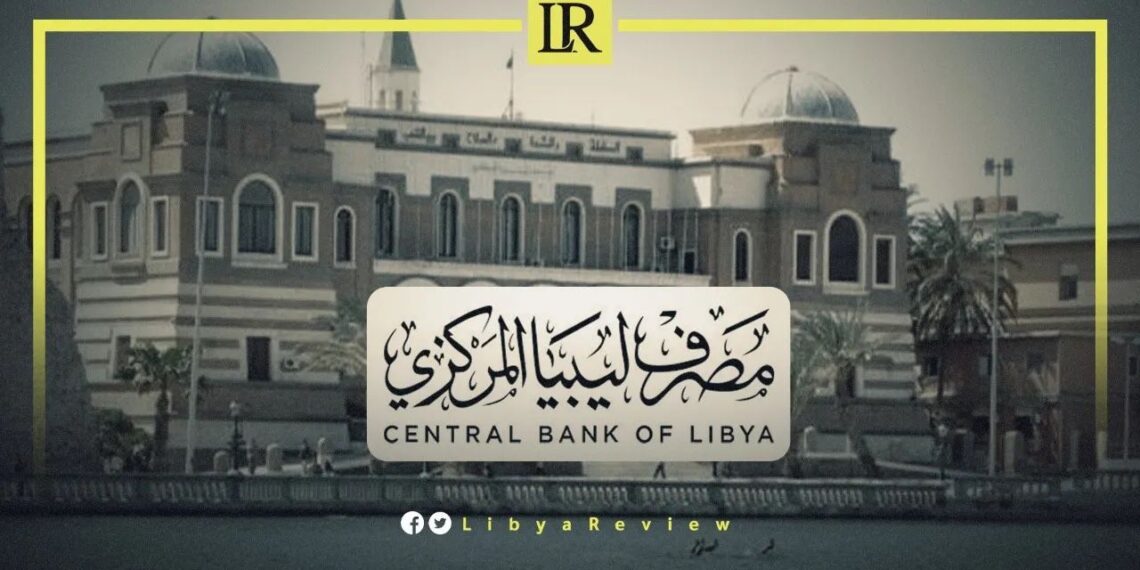On Thursday, the Central Bank of Libya (CBL) announced plans to inject 15 billion Libyan dinars into the banking system as part of efforts to tackle the ongoing liquidity crisis. The distribution will begin on Sunday, November 3, 2024, according to an official statement from the CBL.
Governor Naji Essa, along with his deputy Marai Al-Barassi, held a meeting on Thursday with senior executives from major banks at the CBL’s headquarters in Tripoli. The meeting focused on solutions for cash shortages, expanding electronic payment services, modernizing banking systems, and improving foreign exchange operations, including the reactivation of exchange bureaus.
Governor Essa outlined the bank’s plan to distribute 15 billion dinars over the coming months to ensure cash availability across all banks in Libya. The first wave of this injection will begin on November 3, with funds made accessible through ATMs and bank branches nationwide.
This initiative aims to restore liquidity, especially in regions that have struggled with cash shortages, and strengthen public confidence in the banking sector.
In addition to addressing the cash shortage, the CBL is focusing on improving digital banking services to reduce reliance on physical cash. The bank urged branches to speed up the distribution of debit and credit cards to customers in the coming weeks, promoting electronic payments as a long-term solution. Expanding the use of cards and online banking services is expected to ease liquidity challenges by facilitating cashless transactions.
The CBL also discussed steps to streamline Libya’s foreign exchange market. This includes issuing licenses to new exchange bureaus, with applications being accepted from mid-November. Regulating exchange operations will help formalize the currency market and improve access to foreign currency for businesses and individuals.
The meeting further explored ways to accelerate remittance services for citizens and expatriate workers, ensuring faster processing of money transfers according to the latest financial regulations.
The CBL assured that all bank branches will remain open to serve customers, with sufficient cash reserves to meet demand. The cash distribution will be carried out gradually across Libya, aligning with the bank’s strategy to restore financial stability.
The meeting reinforced the importance of improving banking operations nationwide, with a commitment from both the CBL and commercial banks to follow through on reforms and improve service delivery.
Libya has faced persistent liquidity issues in recent years due to political instability, disruptions to oil revenues, and public mistrust in the banking system. Many Libyans have relied heavily on cash transactions, exacerbating the problem as banks struggled to maintain cash supplies. Withdrawal limits imposed by banks further deepened public frustration, with long lines forming outside bank branches.
The CBL has recently launched several initiatives to modernize the financial sector. Promoting electronic payments, reopening exchange bureaus, and introducing currency management reforms are key steps in reducing cash dependency. The recent appointment of Governor Naji Essa and his deputy Marai Al-Barassi signals a renewed push toward stabilizing the financial system and restoring trust.


